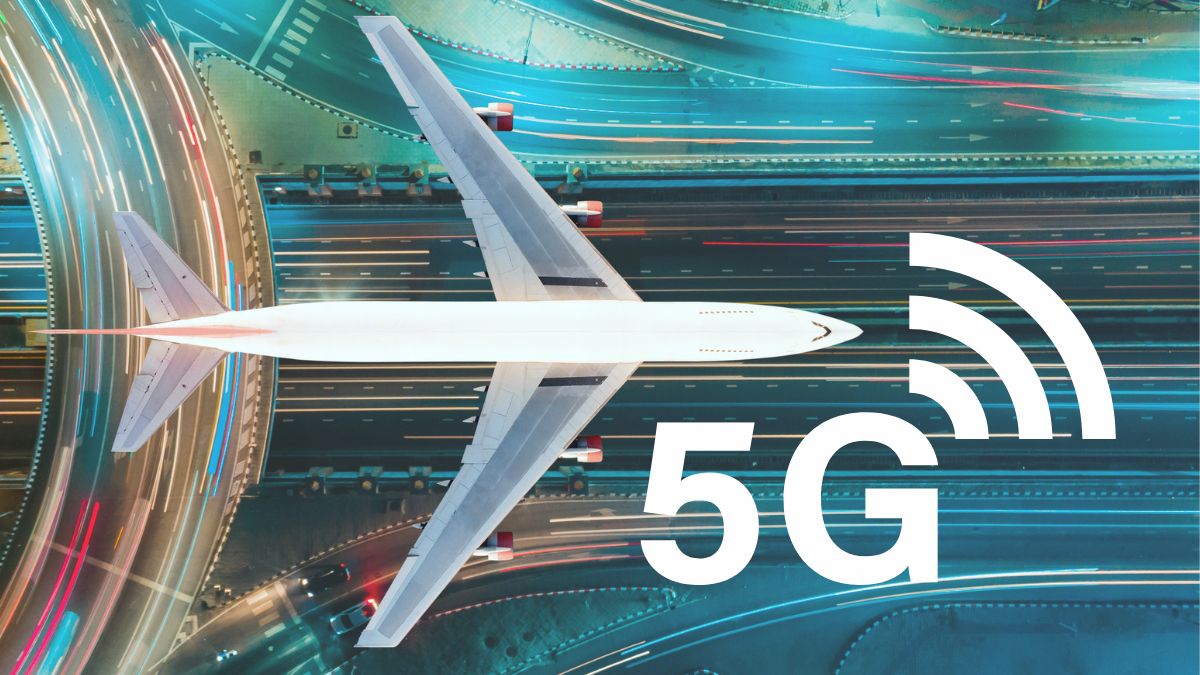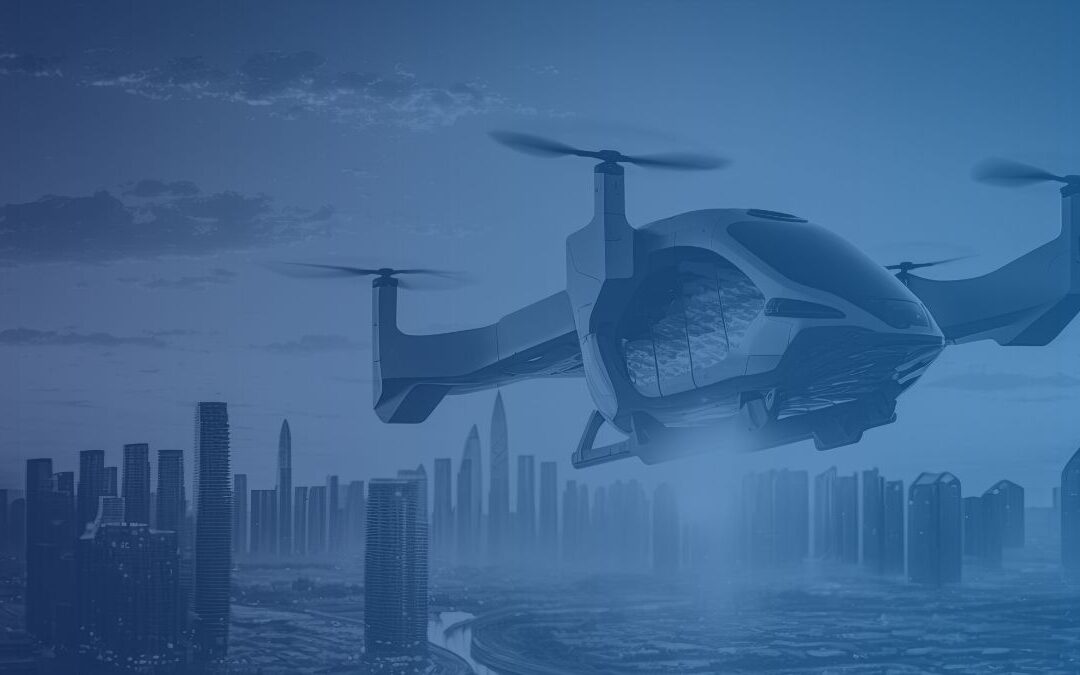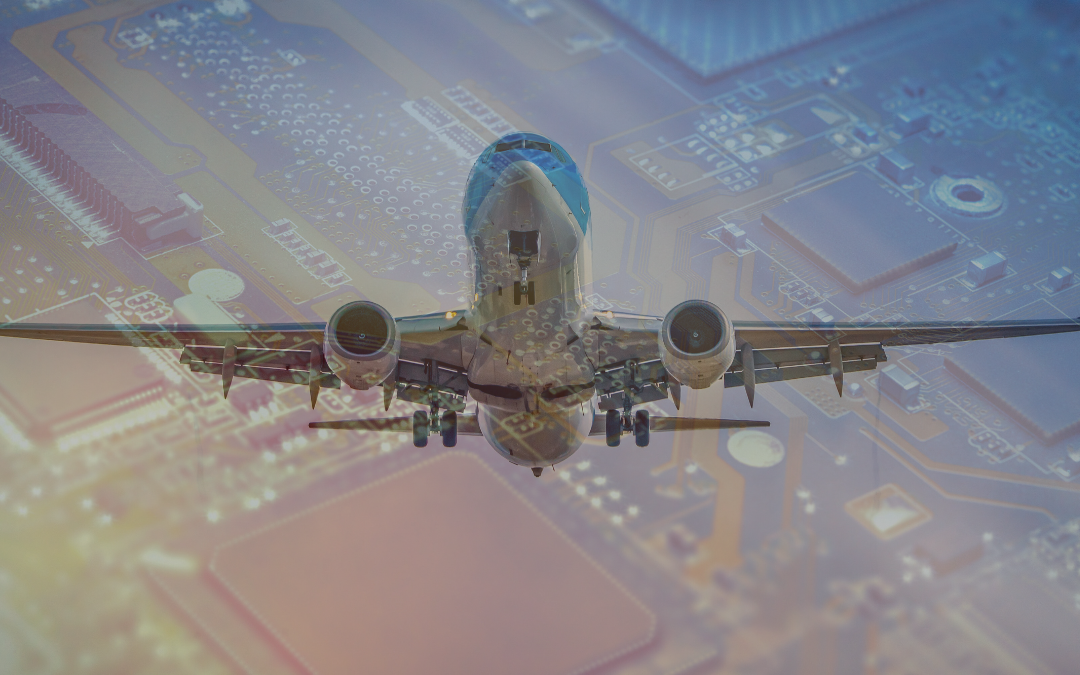Where 5G Left Off in 2022 in the Aviation Industry
At the end of 2022, widespread 5G rollout was still causing challenges for the aviation industry. The radio bands used by some 5G systems — including most of Verizon’s 5G network — are close to those used by some aircraft systems, causing older aircraft altimeters to experience interference in the C-band spectrum.
Despite years of warnings, updates to these systems have been slow, potentially resulting in dozens of in-flight system failures last year. In June 2022, Acting FAA Administrator Billy Nolen sent a letter to airlines urging them to update their systems to remove concerns of potential interference.
2023 5G in Avionics Market Update
This potential interference will exist if airlines continue to use non-compliant altimeters and 5G providers elect to make full use of their purchased C-band licenses. In 2022 and 2023, both sides have been in negotiations and made statements, plans, and proposals regarding the issue.
Pushback Against Updates
The main concern regarding C-band 5G around airports is potential interference with aircraft altimeters. 5G-resistant altimeters are available, but it is time-consuming, complex, and expensive to retrofit airplanes with systems that do not experience interference from 5G C-band spectrums.
In 2022, mobile carriers agreed to a 6-month restriction on the use of 5G near airports designed to mitigate their impacts on affected aircraft as the airline industry made updates. However, these voluntary restrictions have continued into 2023, and airlines have petitioned to make them permanent rather than updating to 5G-resistant altimeters.
5G Providers C-band Proposal
Deployment of 5G in airports is a priority for mobile providers. Airports are high-density areas where mobile providers commonly struggle to provide service, an issue that can be addressed via 5G deployment.
Four major 5G mobile providers have published a plan for how they intend to offer C-band 5G services near airports. These strategies take concerns about altimeters into account but are also designed to allow mobile providers to fulfill their operational goals and make use of the C-band spectrum licenses that they previously purchased from the FCC. For six years, the providers offered to limit the power radiated in certain bands near airports, minimizing the impact on altimeters as the airline industry makes the transition to 5G-resistant ones.
The Trajectory of What’s to Come
One of the major arguments by airlines against transitioning to 5G-resistant altimeters is the price tag. However, a study published by the FAA finds that the total price tag of replacing these systems across the aviation industry is approximately $26 million.
The FAA has also published a proposal that would require that all airlines update their systems to 5G-resistant altimeters by early 2024 and prohibit low-visibility landings after June 30 by airplanes with legacy systems. This proposal is based on voluntary agreements by Verizon and AT&T to limit C-band 5G usage by airports until July 2023.
Preparing for the 5G Transition in Aviation
As the aviation industry continues to navigate 5G deployment and integration, Performance Studio can help with 5G development and integration for airborne hardware. Leverage our EDGE 5G-XTM Solution Suite offering solutions and components to support various needs. Explore the EDGE 5G-XTM, a portable, highly customizable communications device, or the EDGE 5G-XTM Development Kit, a robust testing environment for innovators and hardware developers to assess if their 5G safety-critical solutions are fit for purpose. To continue reading about the criticality of 5G product testing for safety-critical solutions, click here: https://performancestudio.org/3-reasons-why-pre-market-product-testing-is-essential-for-5g-devices/




